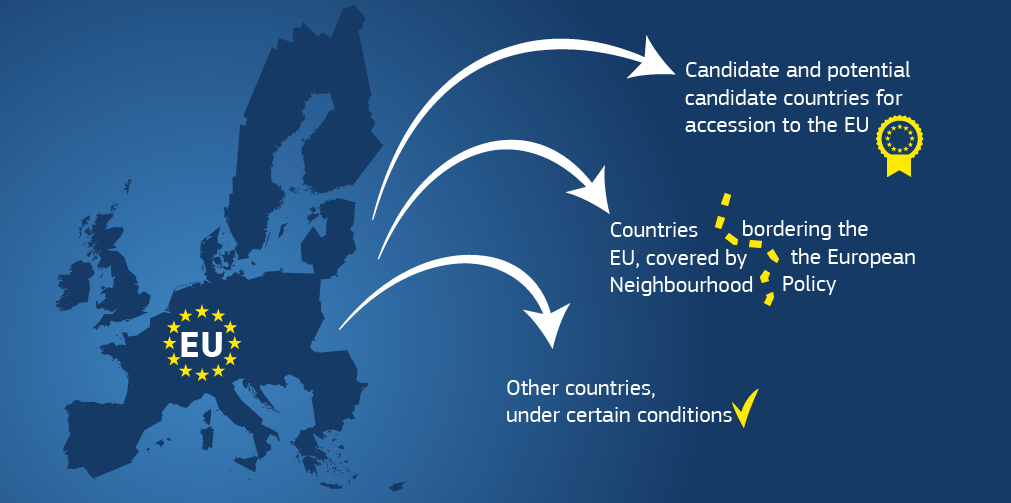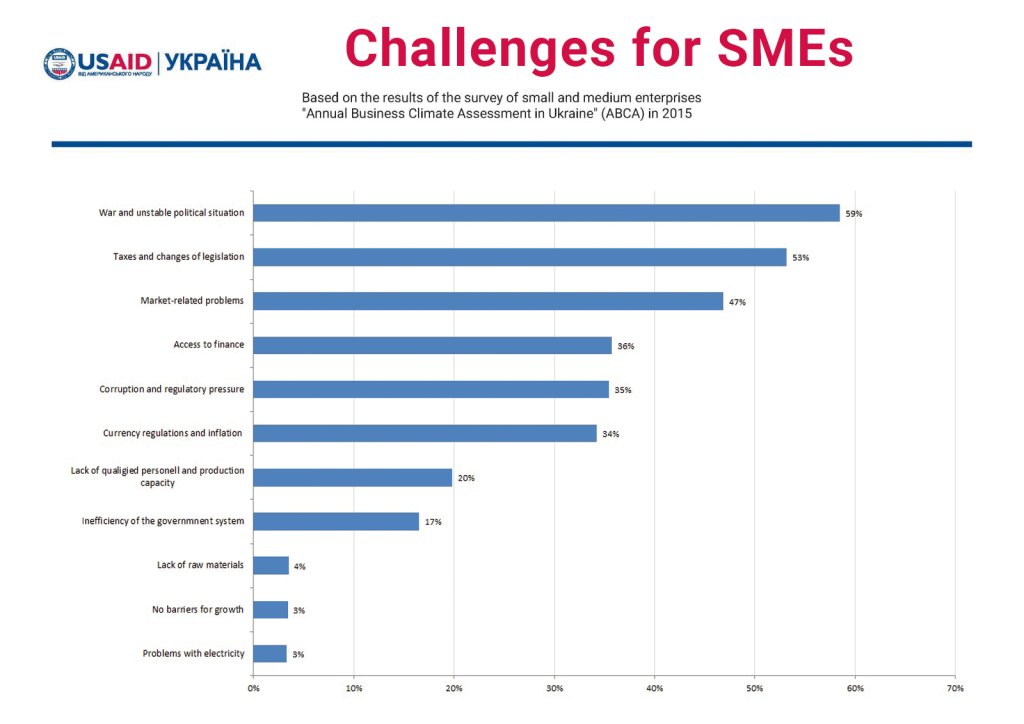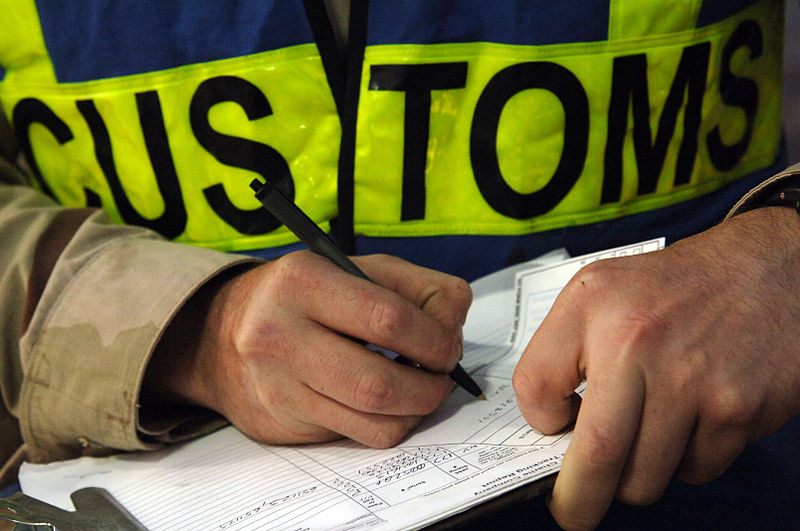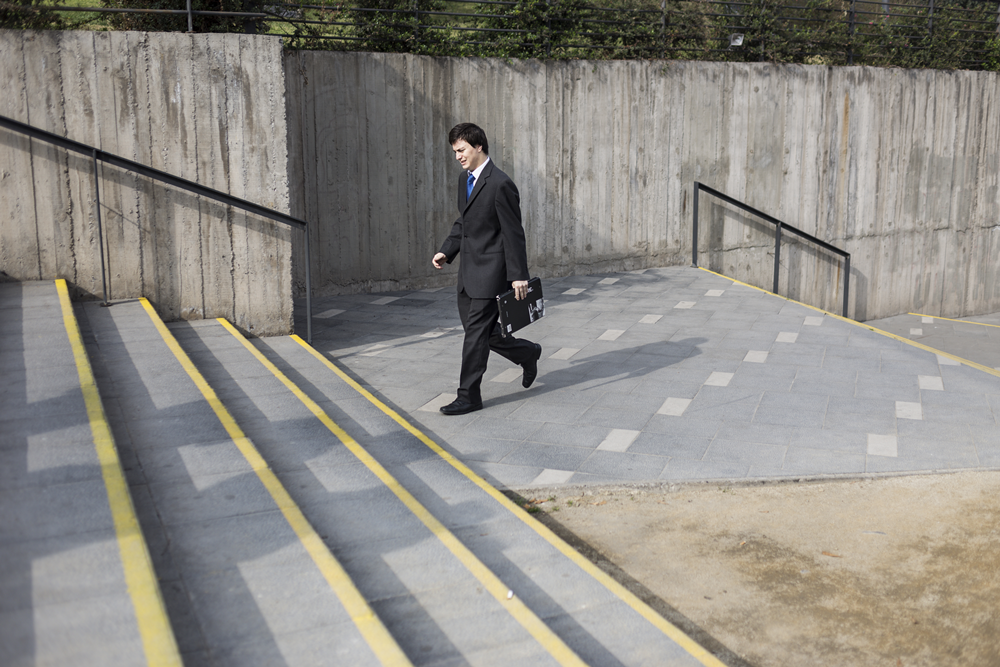
Better Access to the Healthcare: Is It Possible in Ukraine?
BY
Oleksandra Betliy AND The Institute for Economic Research and Policy Consulting - Kyiv / February 26, 2018
In 2014, the Strategic Advisory Group under the support of the Soros’s Foundation prepared the Strategy of Healthcare Reform for 2015-2020. After long debates, the laws launching the healthcare reform were approved in 2017 with first changes starting in 2018.











